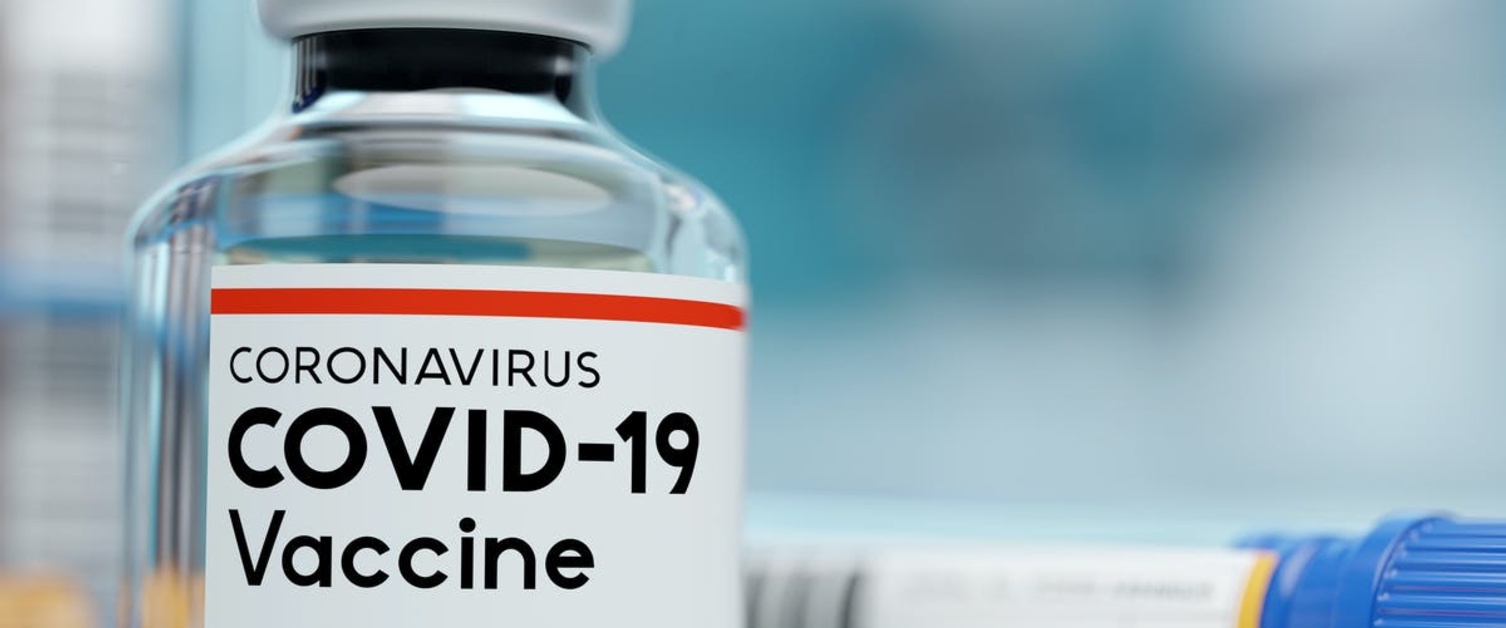As we move into autumn, protection from any earlier COVID-19 vaccination you may have had will be starting to wane. For those who are more likely to become seriously ill from COVID-19, the NHS offers a free vaccine in the autumn, previously known as the ‘Autumn Booster’.
Current vaccines provide good protection against severe disease and hospitalisation. UKHSA surveillance data relating to last autumn’s programme shows that those who received a vaccine were around 45% less likely to be admitted to hospital with COVID-19 from 2 weeks following vaccination, compared to those who remained unvaccinated. Protection lasts for around 4 months.
Vaccination continues to help protect against severe illness, hospitalisations and deaths arising from COVID-19. Between November, December and January over 38,000 people were admitted to hospital with the virus.
Eligible groups this autumn
Following advice from the expert Joint Committee on Vaccination and Immunisation (JCVI), during Autumn 2024 the health board is recommending a single dose booster of the Covid-19 vaccine be offered to:
-
adults aged 65 and over
-
residents in care homes for older adults
-
individuals aged 6 months to 64 years in a clinical risk group, as defined in tables 3 and 4 of the Green Book
-
frontline NHS and social care workers, and those working in care homes for older people
The vaccine should usually be offered no earlier than around 6 months after the last vaccine dose. If you are eligible, you can get protection from an autumn COVID-19 vaccination even if you have not taken up a COVID-19 vaccine offer in the past. All eligible individuals will receive an appointment invitation from their local health board.
All eligible individuals will receive an appointment invitation from their local health board.
For more information on the Booster Programme please visit: https://cavuhb.nhs.wales/covid-19/cavuhb-covid-19-mass-vaccination-programme/ or see https://www.gov.wales/covid-19-vaccination-programme
REMINDER: DO NOT CALL THE SURGERY AS WE WILL BE UNABLE TO HELP WITH YOUR ENQUIRIES REGARDING THE BOOSTER PROGRAMME.
Eligibility for the immunosuppressed
We understand that having a weakened immune system (immunosuppression) is a lot less straight forward than the other criteria. Looking online can cause even more confusion, as people might see themselves (and be considered by others) as immunosuppressed but might not fit the immunosuppression criteria for vaccination.
So, what are the immunosuppression criteria? Eligibility is outlined in Chapter 14a of the Green Book, a document published by UKHSA specifically for public health professionals. It can be a complicated document for non-experts, so we've listed some of the groups here:
- Organ, bone marrow or stem cell transplant patients
- Those being treated with systemic steroids for more than a month
- Those living with HIV
- Those receiving immunosuppressive or immunomodulating biological therapy, including children who are about to receive therapy
- Those undergoing chemotherapy or radiotherapy
- Those who require long-term treatment for immunosuppression
- Those with a history of haematological malignancy including chronic leukaemia and lymphomas
- Those with genetic disorders affecting the immune system
COVID-19 vaccination for travel
There is no longer any provision for those who require COVID-19 vaccination for travel purposes.
COVID-19 vaccination for travel is only available if you’re traveling to a country that requires proof of coronavirus vaccination for entry and you do not have the number of doses required. Most countries have no requirements, and some will allow you to enter if you take a coronavirus test prior to travel.
If you need a COVID-19 vaccine, please contact your local health board to discuss your circumstances.
Foreign travel advice is available at: Foreign travel advice - GOV.UK (www.gov.uk)
How do vaccinations work?
Most vaccines work by triggering an immune response from a weakened or inactive germ that causes the disease. The Covid vaccine works by giving our body a set of instructions to make a harmless “spike protein” which will create the antibodies and cells required to fight off coronavirus.
Who can get the COVID-19 vaccine?
The NHS had initially offered the COVID-19 vaccine to people most at risk from coronavirus. This has since been offered to all individuals, regardless of their risk, aged 18 and over.
Children and young people aged 5 to 17 years who are not at greater risk of serious illness from COVID infection should be offered their first and second dose of Pfizer vaccine 12 weeks apart. Children and young people aged 5-17 with certain health conditions are at higher risk of complications from COVID-19 and are recommended 2 doses of COVID-19 vaccine 8 weeks apart
It has now been successfully given to:
- patients aged 60 and over
- people who live or work in care homes
- health and social care workers at high risk
- people at moderately increased risk due to chronic health conditions
- all adults aged 18 and over
- all children aged 12 - 18
You will need to be registered with a GP surgery in Wales to receive the vaccination. You can register with one if you do not have one.
